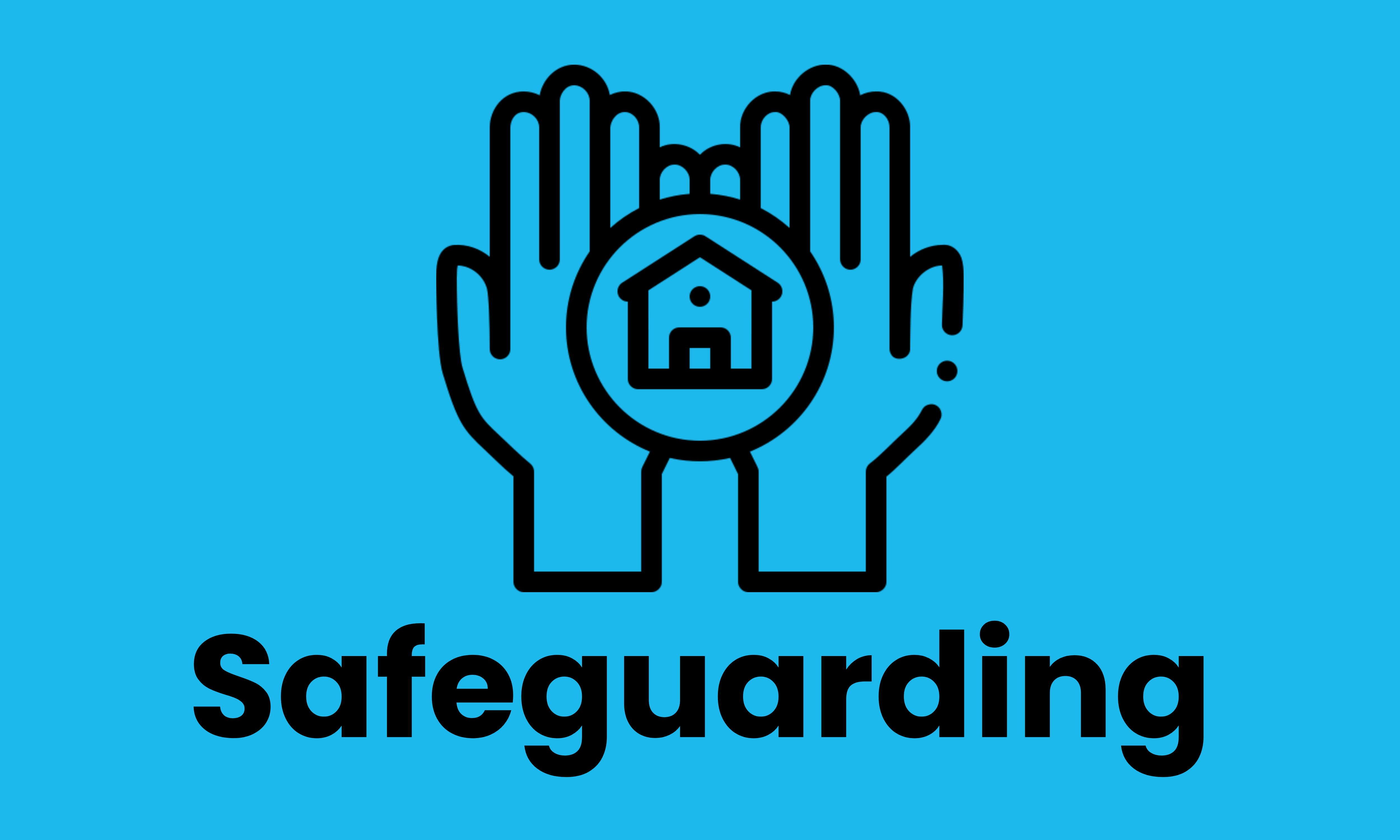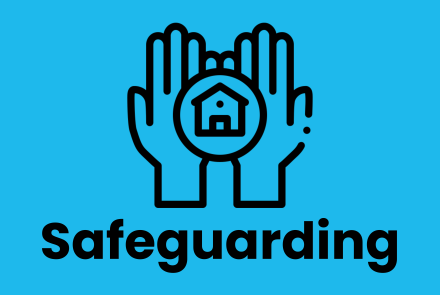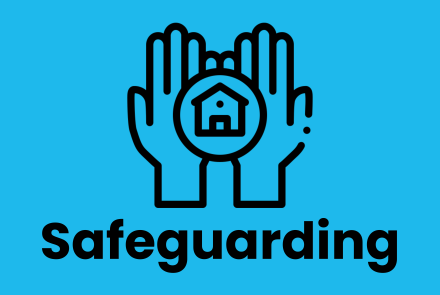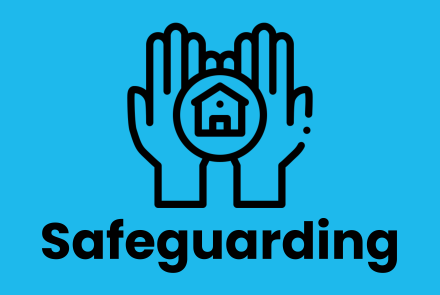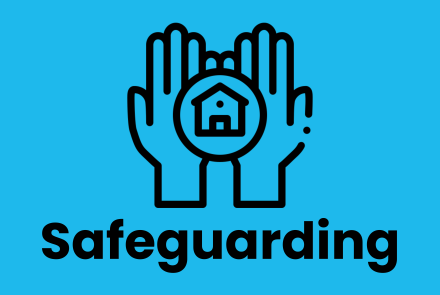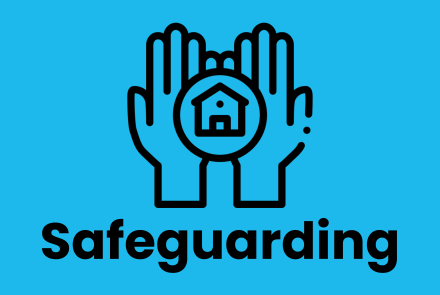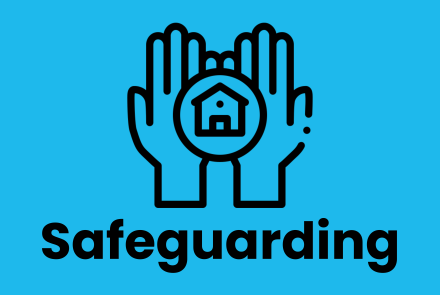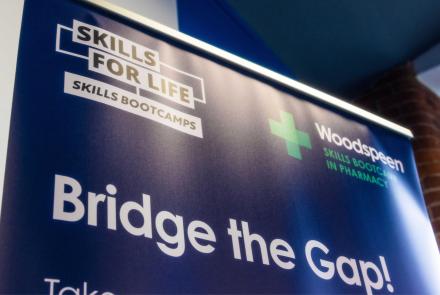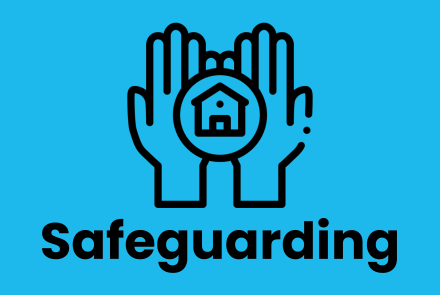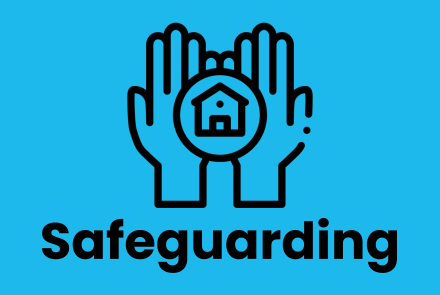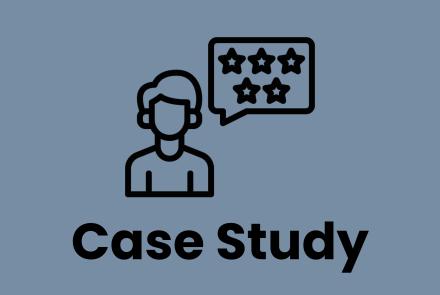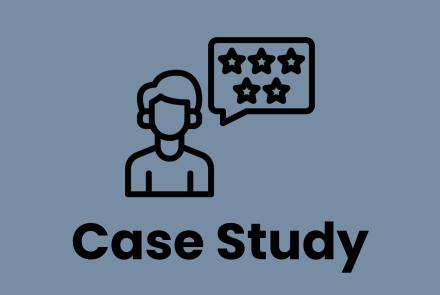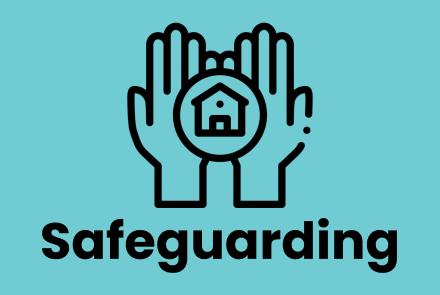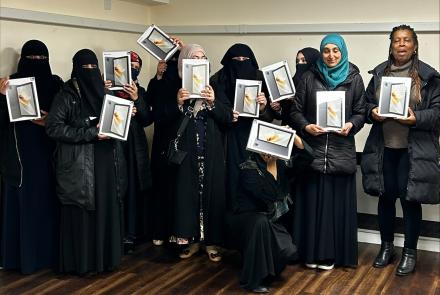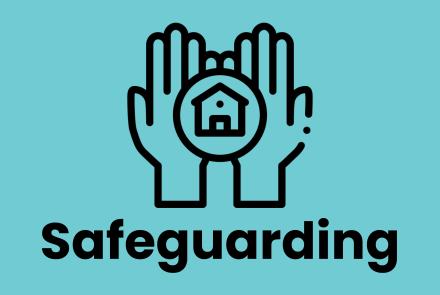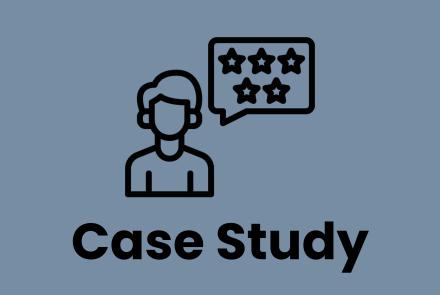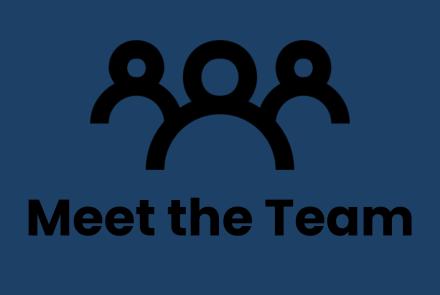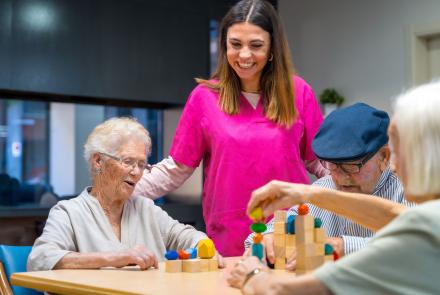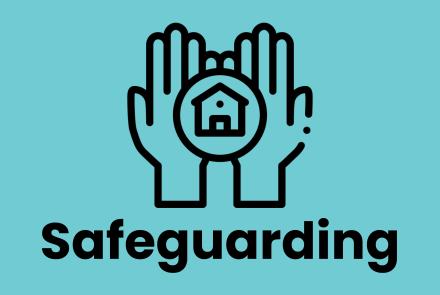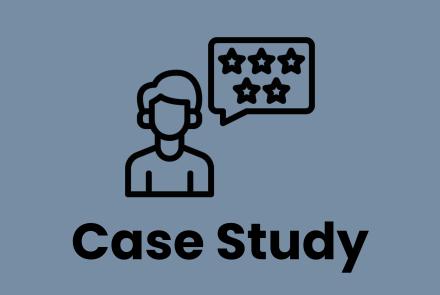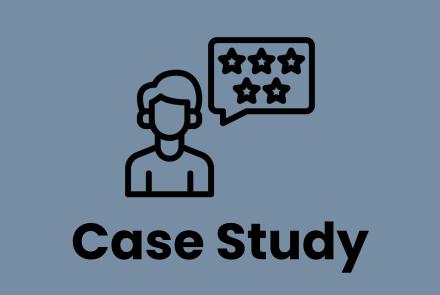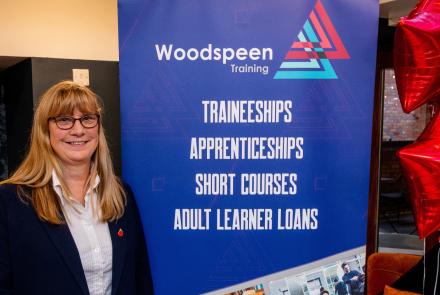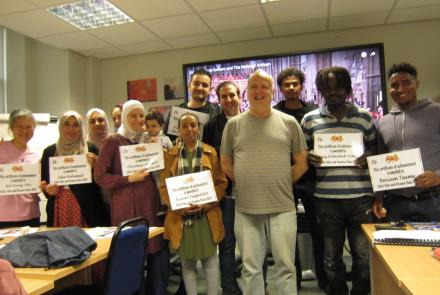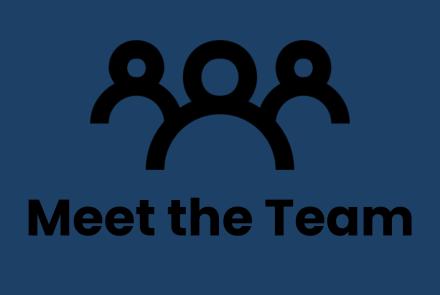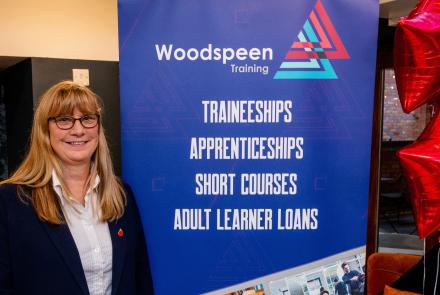Monthly safeguarding bulletin - November 2024
Movember – throughout November
Celebrated worldwide during November, Movember presents a fantastic opportunity to start open and honest dialogue about men’s health issues, particularly mental health and prostate cancer.
Participating in Movember not only stimulates important conversations but also promotes camaraderie. So, go on grow that moustache throughout November.
For more information around how you can raise money for charity and lots of information around a range of men’s health click on the links:
Movember - Changing the face of men's health - Movember
Movember - Men's Health - 5 Things To Know & Do
Information and support - Mind
Professional curiosity
Professional curiosity is where a practitioner seeks to explore and understand what is happening in someone's life, rather than making assumptions or accepting what they are told at face value. It involves looking out for signs that things are not right and seeking out the evidence of what is really happening. It is a combination of looking, listening, asking direct questions, checking out, and reflecting on ALL the information you receive.
Exercising professional curiosity and knowing what to look for is vital for the early identification of abuse and neglect so that staff are able to identify when someone may be in need of help or protection.
For more information and to watch a short video, click on the links below: Professional Curiosity | Leeds Safeguarding Children Partnership
Professional Curiosity - YouTube
AI-generated images or deepfakes?
Internet Matters has published a report on children’s and young people’s experiences of nude deepfakes, AI-generated or manipulated images or videos made to look real. The report estimates that 13% of UK teenagers have had an experience with a nude deepfake, including sending or receiving one, encountering a nude deepfake online or using a 'nudifying' app.
The report presents the findings of a survey with 2,000 parents and 1,000 children.
Findings include:
- Most families have little to no understanding of deepfakes
- Over half of teenagers believe it would be worse to have a deepfake nude of them shared than a real image
- 'Nudifying' tools are more often used to create deepfakes of women and girls than boys
The report recommends a ban on 'nudifying' tools and calls for reforms to the school curriculum so children are taught to use AI technology responsibly.
For more information click on the links below:
AI-generated sexual imagery epidemic | Internet Matters
Guide for young people
Real or deepfake? Guide for young people | Internet Matters
For online safety information
Preventing online harm and abuse | NSPCC Learning
What is dyscalculia?
Dyscalculia is difficulty in learning or comprehending arithmetic, such as difficulty in understanding numbers, learning how to manipulate numbers, performing mathematical calculations, and learning facts and methods in mathematics.
The percentage of the population with developmental dyscalculia is estimated to be 6 percent, or one in twenty individuals. Although lower in comparison to dyslexia -dyscalculia is understudied and under-resourced in comparison.
However, we are seeing rises in the UK with dyscalculia, researchers do not know exactly what causes dyscalculia, but they believe it is at least partly due to differences in how the brain is structured and how it functions. In that dyscalculia results from an abnormal development within part of the brain which deals with mathematical concepts.
There are two possible causes of dyscalculia: genes and heredity, as dyscalculia tends to run in families.
Signs of dyscalculia
- Sequencing difficulties issues involving values and numbers
- Inability to comprehend financial planning or budgeting, sometimes even at a basic level; estimating the cost of the item’s day to day
- Visualising numbers as meaningless or nonsensical symbols
- Difficulty with multiplication, subtraction, addition, and division tables, mental arithmetic, etc
- Problems with differentiating between left and right
- A "warped" sense of spatial awareness, or an understanding of shapes, distance, or volume that seems more like guesswork than actual comprehension
- Difficulty with time, directions, recalling schedules, sequences of events, keeping track of time, frequently late or early
Poor memory (retention and retrieval) of maths concepts; may be able to perform maths operations one day, but draw a blank the next; may be able to do book work but then fails tests - Ability to grasp maths on a conceptual level, but an inability to put those concepts into practice
>Skills and strengths
People with dyscalculia are likely to have a range of strengths in other areas including:
- Good verbal communication skills
- Innovative problem solving
- Creative, intuitive, and lateral thinking
- Stronger in the areas of art, being creative, music, and design
- Seeing the bigger picture – strategic thinking with a holistic approach
To find out more about the range of support methods and resources for dyscalculia, from exploring assessment to finding the right learning strategies and tools to aid learners, please access this link:
Assessment and Support - British Dyslexia Association
‘Cuckooing' what does it mean and who could be at risk?
Cuckooing involves a criminal taking over the home of a vulnerable person, in order to establish a base for illegal activity. This might be sex work, drug dealing or gun dealing. Often cuckooing is part of larger operation, such as a county-lines organisation. It can include the storage of illegal items such as hard drives with prohibited data, firearms, knives and narcotics. Frequently this involves the financial, physical, mental, and emotional abuse of the vulnerable resident.
Who might be at risk of cuckooing?
- People with previous experience of abuse
- People who are isolated or experience social difficulties
- People with a physical or learning disability or mental ill health
- People who have previously been in care
- People who are battling addiction
- People with connections with others who are involved in gangs
What are some of the signs of Cuckooing at a property?
You might notice:
- An increase in people visiting and leaving and an increase in vehicles outside
- Visitors coming and going at unusual times
- You haven't seen the person who lives there in a while or when you do see them, they appear anxious or distracted
- The person has a sudden unexplained increase in money, clothes or mobile phones
- The person has relationships with controlling people or groups
- The person has unexplained injuries and worrying changes in their emotional health
- A sudden lack of healthcare visitors
Source: Salvation Army
For more information watch this short video
If you have come into contact with someone who you suspect may be a victim of Cuckooing you can contact:
Salvation Army's free 24/7 confidential referral helpline: 0800 808 3733. Or
Report anonymously Crime Stoppers 0800 555111
Prevent
The current UK national terrorist threat level is ‘substantial’, which is defined as ‘an attack is likely’. This level has been unchanged since February 2022 and is set by the Joint Terrorism Analysis Centre and the Security Service (MI5).
The threat to Northern Ireland from Northern Ireland-related terrorism is ‘severe’, which is defined as ‘an attack is highly likely’.
More information is available here.
Bolton man jailed for abuse of Jewish people
Robert Taylor, 42, of Farnworth in Bolton, was sentenced at Manchester Crown Court to four years in prison in October after pleading guilty to various charges relating to attempts to stir up racial hatred, including numerous offences under the Terrorism Act.
In May 2021, Taylor attended a car boot sale in Tyldesley and filmed himself approaching a Jewish man and verbally abusing him with antisemitic comments and handed out material containing similar information.
A couple of months later, he shared a propaganda video featuring a proscribed organisation on social media.
Over subsequent months, Taylor would stick antisemitic posters up in public places around Bolton. In addition to the posters, he also graffitied existing posters with antisemitic rhetoric, stuck white supremacy stickers to street signs, and handed out racist flyers to members of the public.
In July 2022, he returned to the same car boot sale he had visited the year before and targeted a Jewish family with verbal abuse and made various references to the Holocaust.
The following month he attended a protest in Bolton and was seen hurling antisemitic insults at a member of the public.
Taylor’s online activity was initially identified by the Community Security Trust (CST) and reported to police, prompting an investigation which would reveal the full scale of his offending.
Following his arrest in February 2023, an examination of his electronic devices found that he was in possession of instructional information on the manufacture of explosives which may be useful to someone who commits or prepares acts of terrorism. He had also sent a propaganda video for a proscribed organisation to another person.
The Head of Investigations for Counter Terrorism Policing North West commented:
“Robert Taylor’s actions over the time leading up to his arrest are nothing short of sickening. He subjected innocent people to vile antisemitic abuse, including a family with two young children who were enjoying a day out. Not content with abusing people in person, he attempted to spread his ignorant views wider by putting up posters, handing out leaflets and scrawling graffiti on walls in public places. Taylor would then brag about his exploits on social media and use it as a platform to share more antisemitic, racist, homophobic, and transphobic content. On one occasion he even shared a propaganda video for a proscribed organisation on social media and was later found to have sent a similar video to somebody directly.”
For more information, please visit the
Portsmouth man sentenced for nine years and six months for terrorism offences
In October, a man from Portsmouth was given a sentence of nine years and six months for terrorism offences, as well as attempting to make his own firearm.
Jack Robinson earlier pleaded guilty to the following offences:
- Being in possession of a component part of a prohibited weapon, namely the lower receiver for an FGC-9 MKII semi-automatic firearm
- Attempting to manufacture a prohibited weapon, namely an FGC-9 MKII semi-automatic firearm
- Three counts of being in possession a document or record containing information of a kind likely to be useful to a person committing or preparing an act of terrorism
When officers arrested him at his home address in February 2023, following an investigation, he was found to be in possession of a 3D printed firearm, as well as component parts of a semi-automatic firearm and ammunition. They also found weapon scopes, a large knife in a sheath, body armour and camouflage clothing. Officers additionally found a handwritten note criticising Jewish people as well as Nazi memorabilia and two digital copies of the Anarchist Cookbook.
A large amount of other extreme right-wing documents was also discovered, following a subsequent investigation by Counter Terrorism Policing South East (CTPSE).
Head of CTPSE said:
“Robinson is a dangerous man who had used a 3D printer to produce the parts to make a viable firearm. Of particular concern was the fact he was motivated by a terrorist ideology, as demonstrated by his possession of a huge amount of extreme right-wing material.”
For more information, please visit the Counter Terrorism website.
Top reported crimes for some of our regions
The following were the most commonly reported crimes to police during the month of August 2024:
Liverpool
Violence and sexual offences - 191
Shoplifting - 135
Public Order - 82
Drugs - 107
Winsford
Violence and sexual offences - 54
Public Order - 22
Anti-social behaviour - 33
Criminal damage and arson - 6
Newcastle-upon-Tyne
Violence and sexual offences - 302
Shoplifting - 88
Anti-social behaviour - 245
Other theft - 59
Statistics taken from Police
Safeguarding Team Contacts
Gina Stephens Lead DSL 07867 260276
Janine Ridley Deputy Lead DSL 07771 672491


